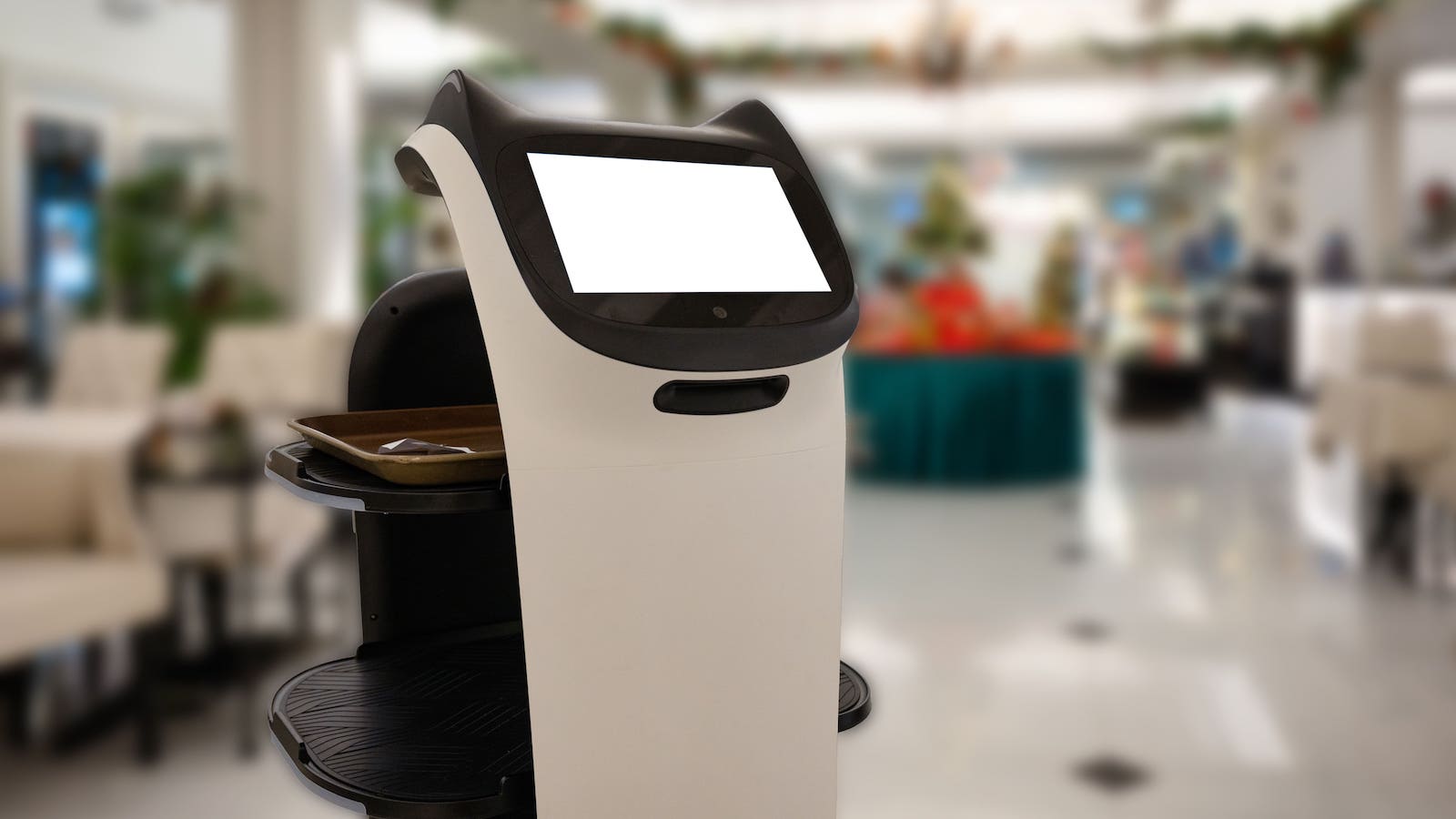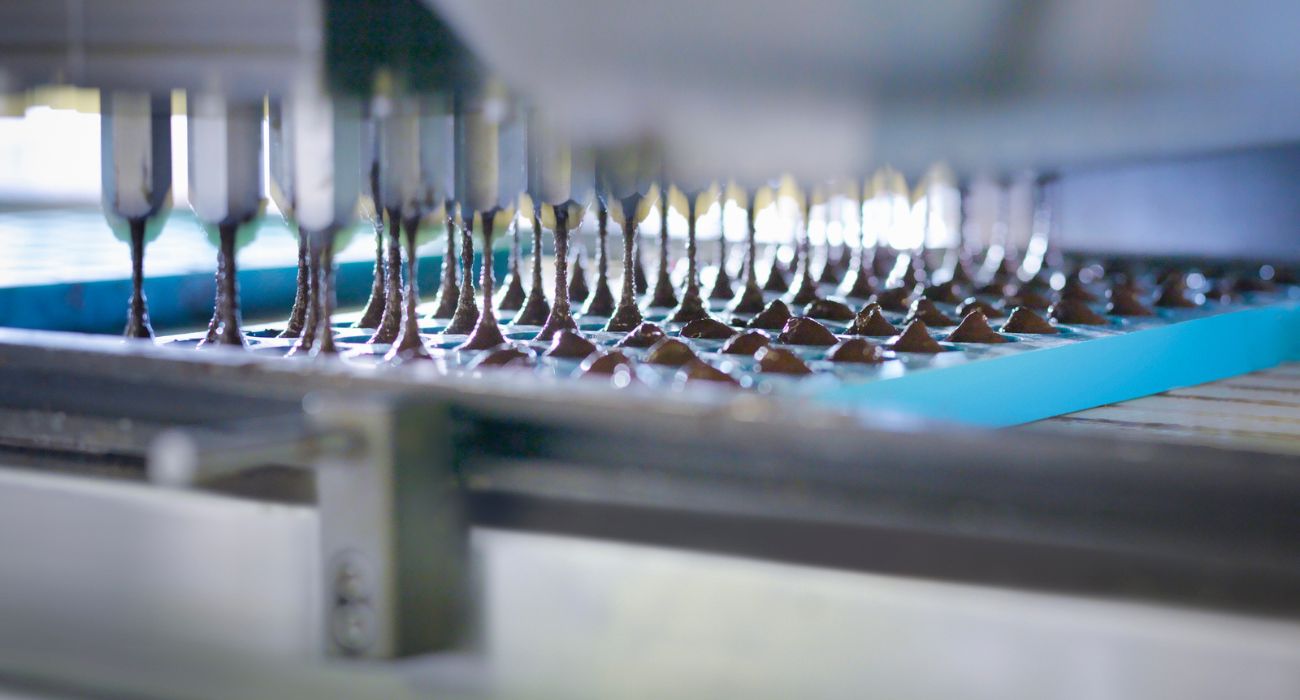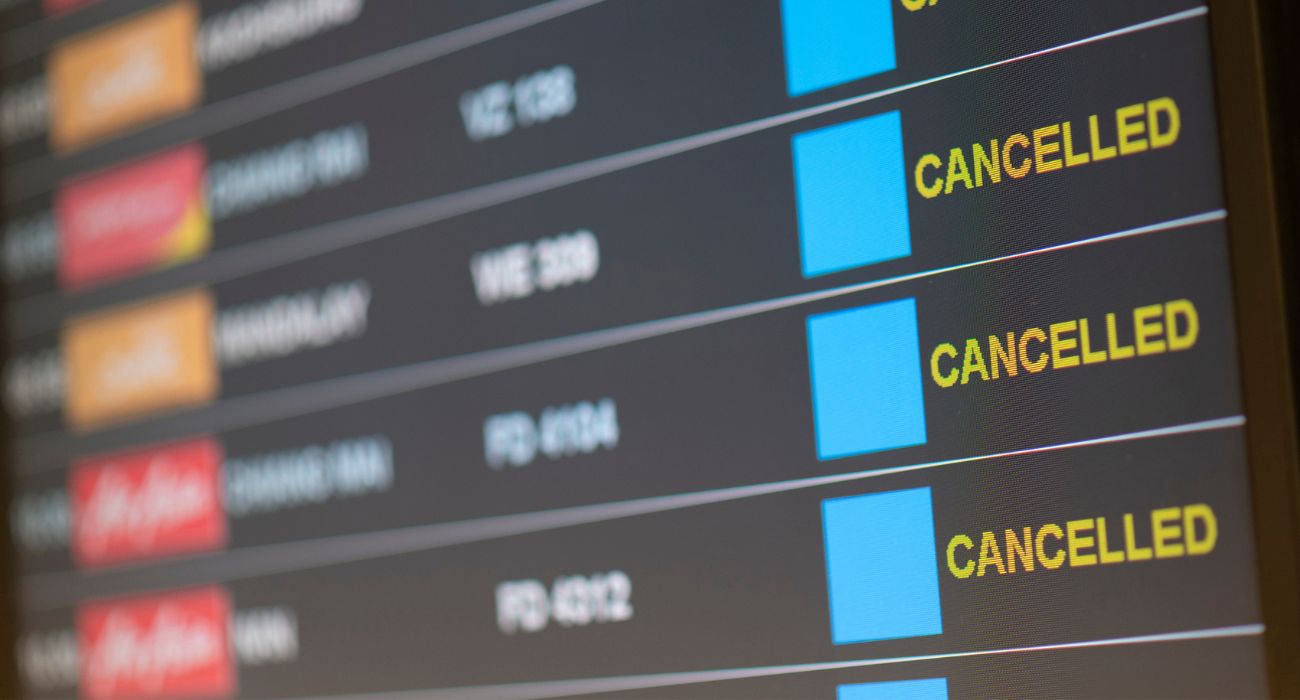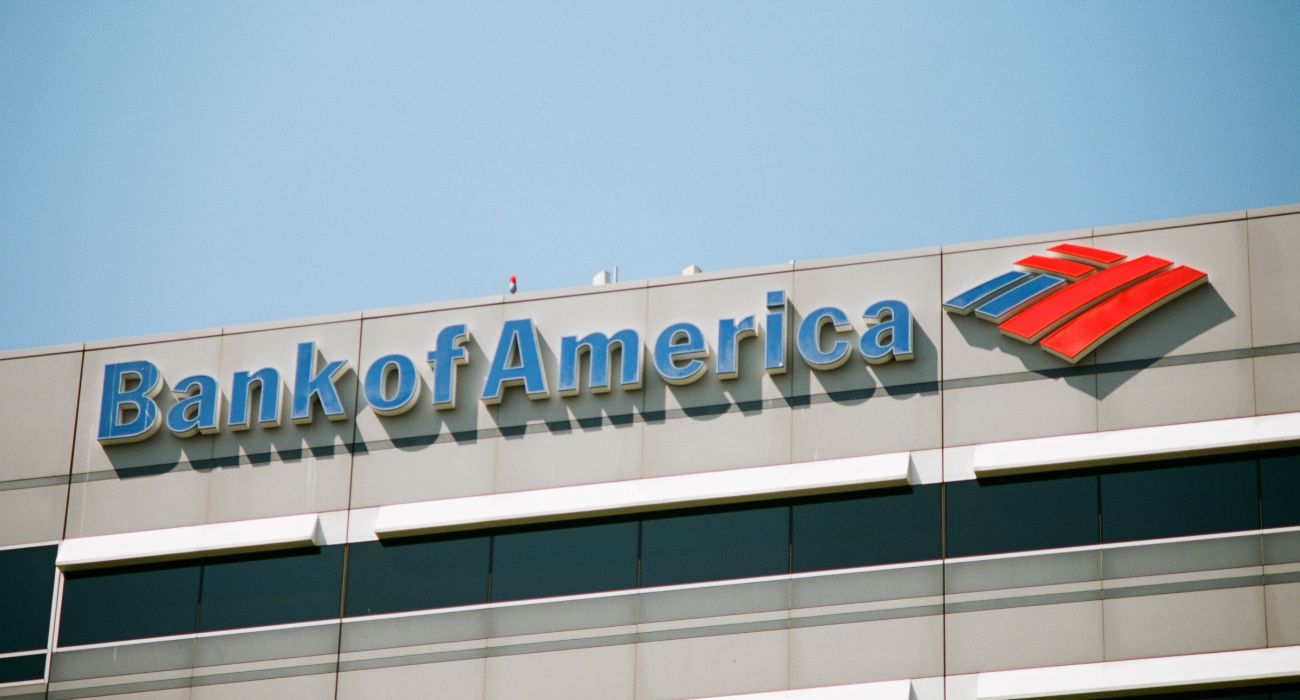Several fast-food and fast-casual restaurants are experimenting with robots to take the burden off some of their workers.
For example, Chipotle Mexican Grill is testing whether a robot can make its tortilla chips in stores, according to NBC DFW.
At Starbucks Investor Day in September 2022, the company announced it was investing $450 million in equipment automation to reduce the average time it takes to make drinks, according to Nation’s Restaurant News.
Sweetgreen is testing two fully automated restaurants in 2023 with “entirely automated makelines.” The company said if these two units are successful, it could start rolling out more robotic restaurants as soon as 2023, according to Restaurant Business.
“These restaurants will serve our food with even better quality, perfect portioning, and faster speed, and will create a more consistent customer experience,” said CEO Jonathan Neman. It will do this “all while elevating the role of our team members.”
Mcdonald’s, meanwhile, is making headlines for testing a mostly automated restaurant in Fort Worth. While Mcdonald’s has had machines taking orders for several years, the new restaurant also delivers food automatically.
The location features an order-ahead lane, a separate drive-thru lane where customers receive their orders via a food and beverage conveyor, Mcdonald’s said in a press release.
“The technology in this restaurant not only allows us to serve our customers in new, innovative ways, it gives our restaurant team the ability to concentrate more on order speed and accuracy,” explained Keith Vanecek, the franchisee operating the test restaurant.
He said it “makes the experience more enjoyable for everyone.”
While the trend towards automation in fast-food and fast-casual restaurants is starting to ramp up, some experts expect it will be years before robots pay off for companies that are testing them.
“I think there’s a lot of experimentation that is going to lead us somewhere at some point, but we’re still a very labor-intensive, labor-driven industry,” said David Henkes, a principal at restaurant research firm Technomic.
Miso Robotics is a notable player in the restaurant automation business. The robotics manufacturing business has raised $108 million in venture funding, and its products are being tested in select White Castle, Jack in the Box, and Chipotle locations.
The company’s flagship products, Flippy and Sippy, do what their names suggest robotically: flip burgers and make drinks.
“The highest value benefit that we bring to a restaurant is not to reduce their expenses, but to allow them to sell more and generate a profit,” Miso CEO Mike Bell told CNBC.
Automation proponents are not necessarily convinced that robots will replace jobs. Instead, they expect robots to enhance the customer experience by letting employees focus on higher-value tasks and interact with customers.
“The idea of robots and all those things, while it maybe is great for garnering headlines, it’s not practical in the vast majority of restaurants,” Mcdonald’s CEO Chris Kempczinski noted on the company’s second-quarter earnings call in July.
“The economics don’t pencil out,” Kempczinski admitted. “You’re not going to see that [automation] as a broad-based solution anytime soon.”






